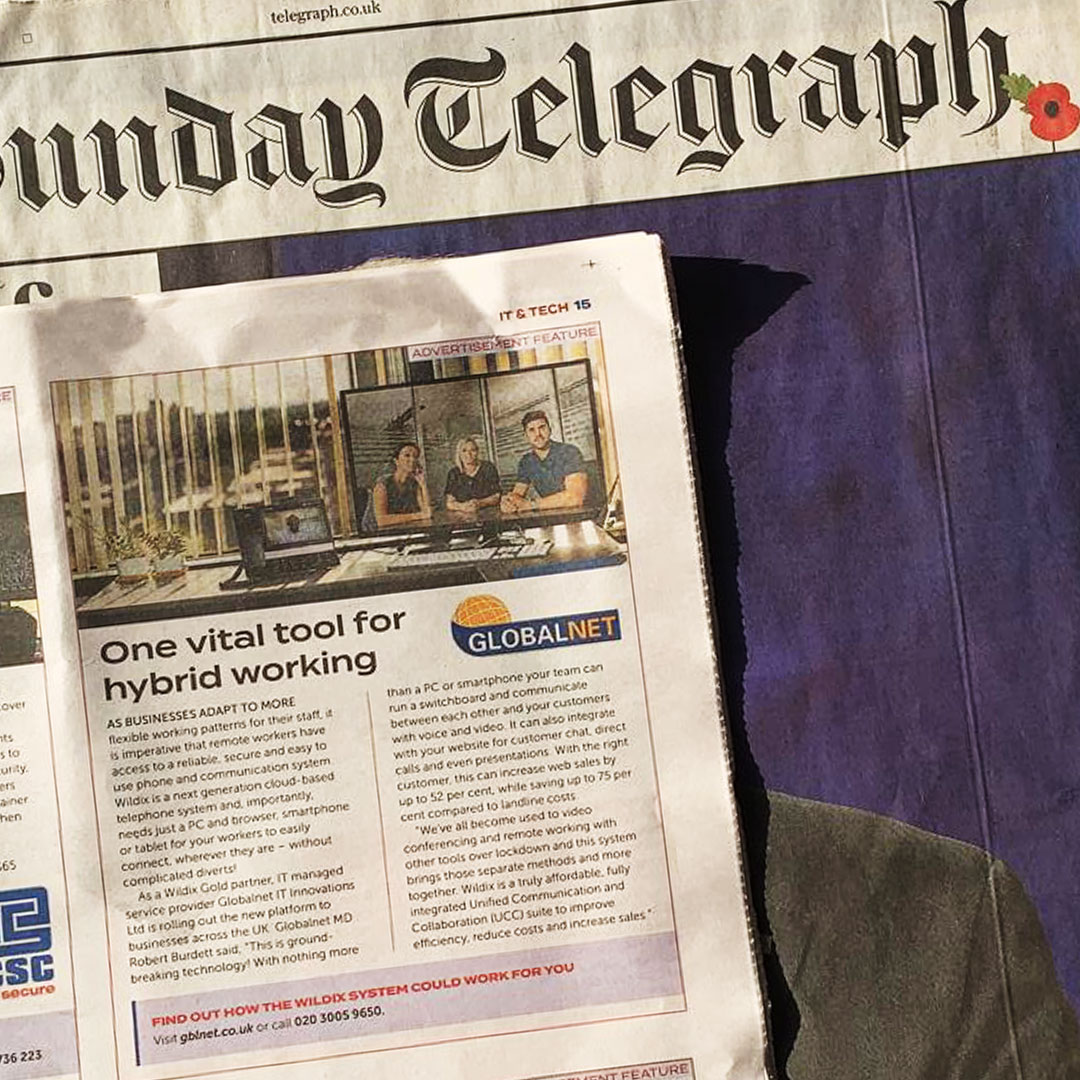We’ve long championed password managers as one of the most effective tools for protecting online accounts. They generate strong, unique passwords, store them securely, and fill them in automatically. No more forgotten logins. No more sticky notes. 🙌
But here’s the twist…
Cyber criminals have caught on – and now, they’re coming for the password managers themselves.
🔐 According to new research, malware targeting password vaults has tripled in the past year.
🚨 For the first time ever, stealing credentials from password managers has entered the top 10 tactics in the MITRE ATT&CK Framework – a global standard for tracking cyber threats.
Why does this matter?
Because if an attacker compromises your password manager, they don’t just get access to one account… they get access to everything. Email. Banking. Cloud tools. Internal systems. It’s the master key – and it’s now a prime target. 🎯
How are cyber attackers going after password managers?
They’re using increasingly sophisticated and stealthy methods, like:
🧠 Memory scraping – pulling passwords directly from your device’s active memory
🧾 Registry harvesting – searching Windows registry files for stored credentials
☁️ Cloud & local attacks – targeting both cloud-synced and locally stored password vaults
This isn’t amateur hour. These are multi-stage, automated attacks designed to slip past detection tools and stay hidden until it’s too late.
So… should you stop using password managers?
Absolutely not. Password managers are still one of the best lines of defense. But like any security tool, they’re only effective when used properly.
Here’s how to protect yourself and your team:
✅ Never reuse passwords – unique logins for every account prevent chain-reaction breaches
✅ Enable multi-factor authentication (MFA) – this adds a second layer of defense, even if passwords are compromised
✅ Create a strong master password – avoid predictable combos; go for length and randomness (or a passphrase)
✅ Use biometric logins – fingerprint or face ID offers added protection
✅ Go business-grade – consumer tools lack visibility and control; choose an enterprise-level manager with admin oversight
If your business already uses a password manager, now’s a good time to review your setup. Ensure MFA is turned on for every user, audit password reuse, and confirm that security policies are being enforced.
Cyber threats aren’t slowing down – but with the right practices, you can stay ahead.
Are your passwords really protected? Or are they just… managed?
Let’s make sure you’ve got the right safeguards in place. 💬







